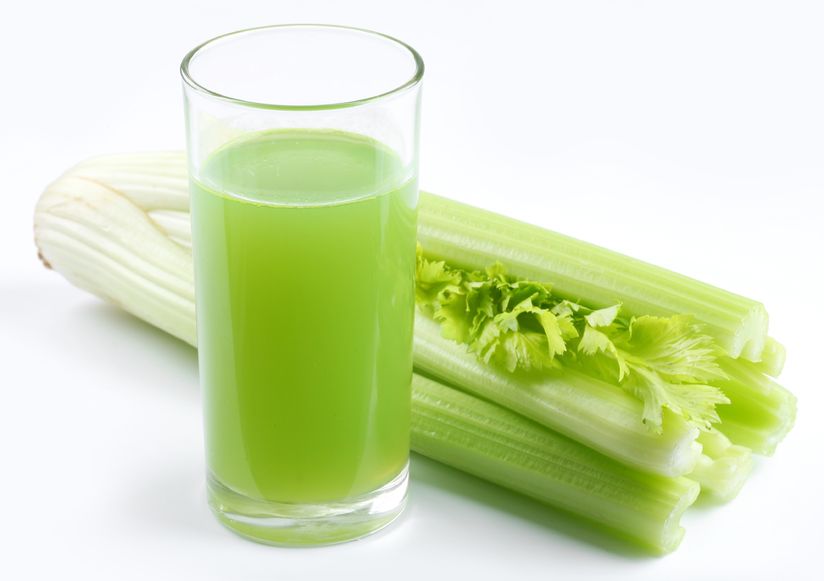Nutrition myths can persist for years and people keep believing them because they don’t realize that many of them are actually false.
You might be surprised that nutrition science is a new and developing field. While food and nutrition have been studied for centuries, much of what we understand about the role of nutrition in human health has recently been discovered. Additionally, scientific evidence continues to emerge all the time with new studies to shape and update food and nutrition recommendations.
Given the evolving nature of nutrition science, it makes sense to be open-minded when it comes to our eating habits. Keeping up with the science often means that today’s food advice can become tomorrow’s food myths. According to LeeAnn Weintraub, MPH, RD, these are six common food myths debunked to help you refresh your thinking about nutrition.
Nutrition Myths
Myth 1: Indulge in superfoods
While “superfoods” like acai, coconut oil, goji berries, kombucha, garlic, and avocados are touted for their amazing nutritional benefits, there are potential drawbacks to overeating them. Some of these foods are calorie-dense and can cause problems, especially in large quantities. It is important to have realistic expectations about how these foods will benefit your health. Superfoods can be included as part of a healthy lifestyle, but they should not be considered a short-term treatment for health conditions.
Myth 2: Cleanse juice to get rid of toxins from your body
Juice cleanses are marketed as a way to kick-start weight loss or detoxify the body. Unfortunately, these marketing campaigns fuel human interest in quick fixes. Science does not support the use of cleansing juices to do what our healthy organs normally do. Additionally, smoothies lack the balanced nutrition needed to safely energize and nourish.
Myth 3: Don’t eat after 7 p.m.
You may have heard the theory that eating late is harmful. The truth is that there is no magic time to stop eating before bed and everyone is different. When you finish eating may be determined, at least in part, by the time you start eating during the day. The times we wake up and go to bed affect meal times. While some people may need to avoid eating late at night to control heartburn symptoms, for example, others may need a bedtime snack to help consume adequate calories or manage blood sugar levels.
Myth 4: Gluten-free diets are healthier
Gluten is a protein found in wheat and some other grains. A gluten-free diet is the only cure for celiac disease. However, foods classified as gluten-free are not inherently healthy or more nutritious. In fact, eliminating gluten can have some unintended consequences. Gluten-free products can be higher in sugar and calories and lower in gut-balancing fiber and B vitamins. Additionally, eating foods containing gluten is associated with a lower risk of type 2 diabetes.
Myth 5: Healthy eating is expensive
It is a common myth that healthy food is expensive. Sure, there are healthy, specialty foods that are available at a high price, but at the same time, some foods rich in nutrients are relatively low in cost. These foods include beans, green leafy vegetables, oats, carrots, brown rice, tofu, apples, sunflower seeds, and much more. Shopping in bulk, discount, season, and prepare meals at home can help generate additional cost savings.
Myth 6: Foods that burn fat help you lose weight
Some foods are touted for their “fat-burning” or “metabolic-boosting” benefits. The truth is that there is very little science to support these claims. The metabolism, or the amount of energy the body needs to function properly, is determined by factors such as age, body size, and activity level. The best way to have a healthy metabolism is not by eating foods like chili peppers and grapefruit, but by staying active with muscle strengthening and cardiovascular exercise.
Click here to read more about nutrition myths.






